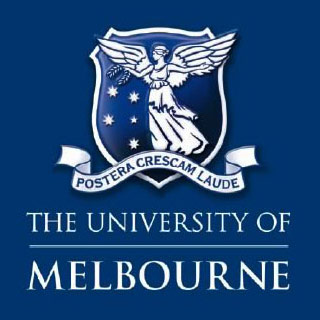
This could indicate that people may have a significant fear of insurance discrimination which may impact their decision to have potentially life saving genetic testing. This was mentioned by co-lead author Dr Louise Keogh, of the University of Melbourne’s Key Centre for Women’s Health in Society.
Approximately 106 people from 25 families were identified by the experts. These people apparently carried genetic mutations that could add to their threats of bowel cancer. All the people were supposedly given the chance to learn their own individual genetic information at a Familial Cancer Clinic.
Dr Keogh commented, “When we told participants about the life insurance implications of genetic testing, the number declining genetic testing more than doubled from 20 per cent to 50 per cent.”
Adding to it, co-lead author Dr Christine van Vliet, School of Medical Sciences, University of New South Wales, mentioned, “In Australia, while genetic information has no implications for health insurance, it can affect life, trauma, disability and sickness and accident insurance policies”.
The second most common cancer for men and women in Australia is claimed to be bowel cancer. Approximately one in every 3,000 Australians supposedly bears a genetic mutation that places them at a high threat of bowel cancer.
Associate Professor Mark Jenkins of the University of Melbourne’s School of Population Health and senior author on the paper, remarked, “For those at high genetic risk, screening for and removal of polyps reduces the risk of bowel cancer by more than 50 percent. Insurance-related apprehension about genetic testing could have troubling public health consequences. Screening people at high genetic risk of bowel cancer is a highly cost effective way to reduce deaths due to bowel cancer.”
Dr. Lousie Keogh is of the opinion that insurance policies could be unfavorably disturbing in health-decision making.
Dr Keogh commented, “We call on the Federal Government and the Australian insurance industry to look at what other countries have done and reconsider the use of genetic information where genetic testing has the potential to reduce morbidity and mortality.”
People with a strong family history of bowel cancer and anxious about the prospect of having inherited a high threat can apparently avail a referral from a GP to visit a Family Cancer Clinic.
This study was published in the Medical Journal of Australia.
